Julie Leong is a Chinese-Malaysian-American fantasy author who grew up across both New Jersey and Beijing, China. She studied economics and political science at Yale and works in tech, but she has always nurtured a deep love for sci-fi/fantasy beneath her corporate exterior. Julie lives in San Francisco with her husband Drew, their rescue pup Kaya, and a magical Meyer lemon tree in the backyard that somehow always has ripe lemons. When she’s not writing, she enjoys making unnecessary spreadsheets and flambéing things.
I had the opportunity to interview Julie, which you can read below.
First of all, welcome to Geeks OUT! Could you tell us a little about yourself?
Hi, thanks so much for having me! I’m Julie, the author of The Teller of Small Fortunes. I grew up across New Jersey and Beijing, China as the younger daughter of Malaysian Chinese immigrants. I studied Econ & Political Science at Yale, and then worked in finance and tech for about a decade before life threw a curveball at me in the form of my dad’s cancer coming back. So I quit my job to spend time with him, and ended up rediscovering my love for writing – and thus The Teller of Small Fortunes came to be.
Now, I live in San Francisco with my husband, our spoiled cockapoo, and a rapidly accumulating trove of books.
What can you tell us about your debut book, The Teller of Small Fortunes? What was the inspiration for this story?
The Teller of Small Fortunes is a cozy fantasy novel – think Legends & Lattes with Studio Ghibli vibes and a dose of immigrant/diaspora feelings. It was inspired in part by my lifelong love for the fantasy genre, but also my desire to put a whimsical twist on familiar tropes; so instead of epic prophecies, my main character tells only small and everyday fortunes, like where a farmer’s wife has misplaced her apron.
But mostly, Teller is the result of me writing the book that I wanted to read during a difficult time – something warm and comforting and magical, full of found family and catharsis, and also telling the kind of immigrant story that I haven’t seen much of in fantasy to date.
Were there any books/films/music/etc. that inspired you while writing this project?
The entire cozy fantasy subgenre, myself included, owes a huge debt of gratitude to Travis Baldree’s Legends & Lattes for creating such a wave of popular interest in stories like these (though of course, there have been many wonderful fantasy books that I’d consider cozy but predate the label)!
I’d also read and loved other cozy fantasies like Sangu Mandanna’s The Very Secret Society of Irregular Witches, TJ Klune’s The House in the Cerulean Sea, and more. And other non-book sources of inspiration included Ghibli films like Howl’s Moving Castle (and its equally delightful source novel by Diana Wynne Jones), plus plenty of cozy lofi soundtracks to vibe to as I wrote.
As a writer, what drew you to the art of storytelling, particularly fantasy?
The simple and boring answer is that I write what I love to read. I’ve always been drawn to fantasy (and sci-fi as well), and am a voracious reader of the genre. There’s just something about the magic of it all – the ability to utterly transport you into a world that doesn’t exist except for in our collective imaginations, to play with human struggle and striving on a grand scale, to have dragons and monsters and quests – that I love deep in my bones.
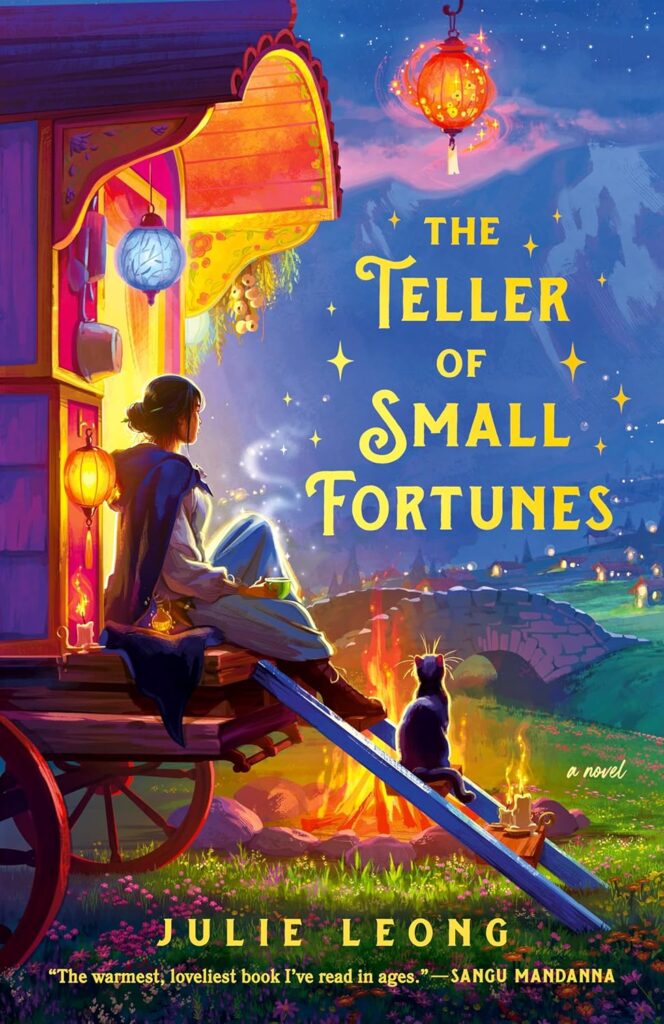
How would you describe your writing process?
Chaotic and isolated, mostly. I turn into a bit of a hermit when I’m in writing mode, and essentially binge-write the first draft of the novel in a haze of tea and crackers. When I’m really in the flow, it almost feels like an urgent physical need to get the words out as quickly as possible before they slip away. Revising, on the other hand, is a far more orderly process that I can take my time with.
What are some of your favorite elements of writing? What do you consider some of the most frustrating/challenging?
I love character work. The quiet moments in between scenes, the conversations around a campfire, the little gestures and interactions – those are my favorite bits of a book, both to read and to write.
Conversely, I find action scenes quite difficult! So there probably will never be sweeping, epic battles in my stories.
Aside from your work, what are some things you would want others to know about you?
I’m a super fast typer, thanks both to my playing lots of text-based MUDs as a teenager and to my previous work experience as an investment banker (Excel shortcuts, IYKYK). I’ll challenge anyone to a typing contest – and typing 150+ wpm helps a lot when I’m in binge-drafting mode!
What advice might you have to give for aspiring writers?
Read as much and as widely as you can! I think the first step of being a good writer is to be a good reader, because in reading widely you’ll learn – whether consciously or not – the shape of a good story, the rhythm of the words, what elements of other books you’re most drawn to, etc., and these will all form the basis for your own writing.
Are there any other projects you are working on and at liberty to speak about?
Yes! I’m currently working on revisions for my second book, The Keeper of Magical Things, which is due to come out in fall 2025. It’s a sapphic cozy fantasy set in the same world as Teller, but with new characters: a mage and a novice, stuck with a magical artifact inventory assignment in a ramshackle little farming village. I’m pitching it as The Spellshop meets Warehouse 13 with Stardew Valley vibes!
Finally, what books/authors would you recommend to the readers of Geeks OUT?
Gosh, there are just so many…
Within cozy fantasy, I’d recommend Travis Baldree’s Legends & Lattes and Bookshops & Bonedust as canonical examples of the genre, Sangu Mandanna’s The Very Secret Society of Irregular Witches, Heather Fawcett’s Emily Wilde series, Sarah Beth Durst’s The Spellshop, Maiga Doocy’s Sorcery & Small Magics, SA MacLean’s The Phoenix Keeper, Quenby Olson’s Miss Percy’s Guide series, TJ Klune’s The House in the Cerulean Sea, and Olivia Atwater’s Small Miracles. (I’m sure I’m forgetting some!)
On the slightly less cozy side, I’m a diehard fan of everything Nghi Vo’s written, especially her Singing Hills novellas featuring a nonbinary cleric-historian traveling the land collecting stories, and her latest work The City in Glass. John Wiswell’s debut, Someone You Can Build a Nest In, is also an absolutely charming genre-blending cozy horror-mantasy about a shapeshifting monster who falls in love with a human.

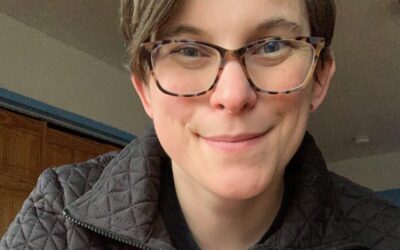

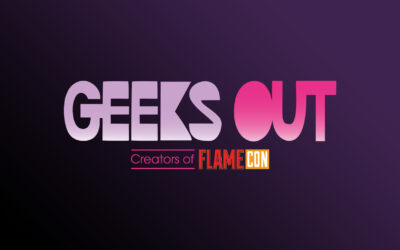
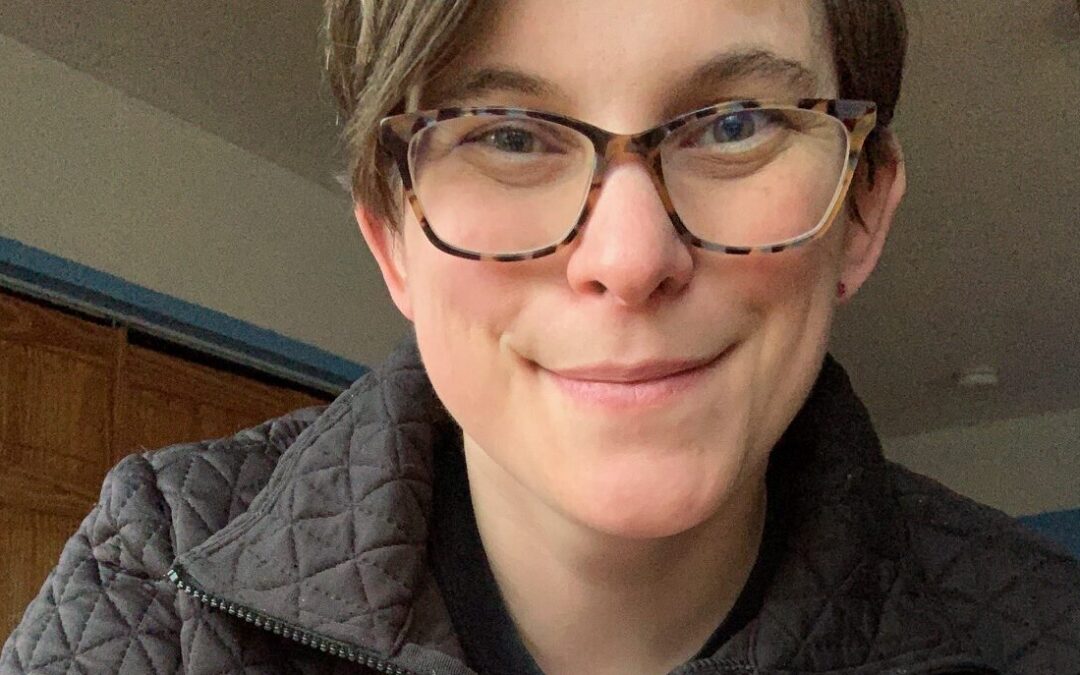

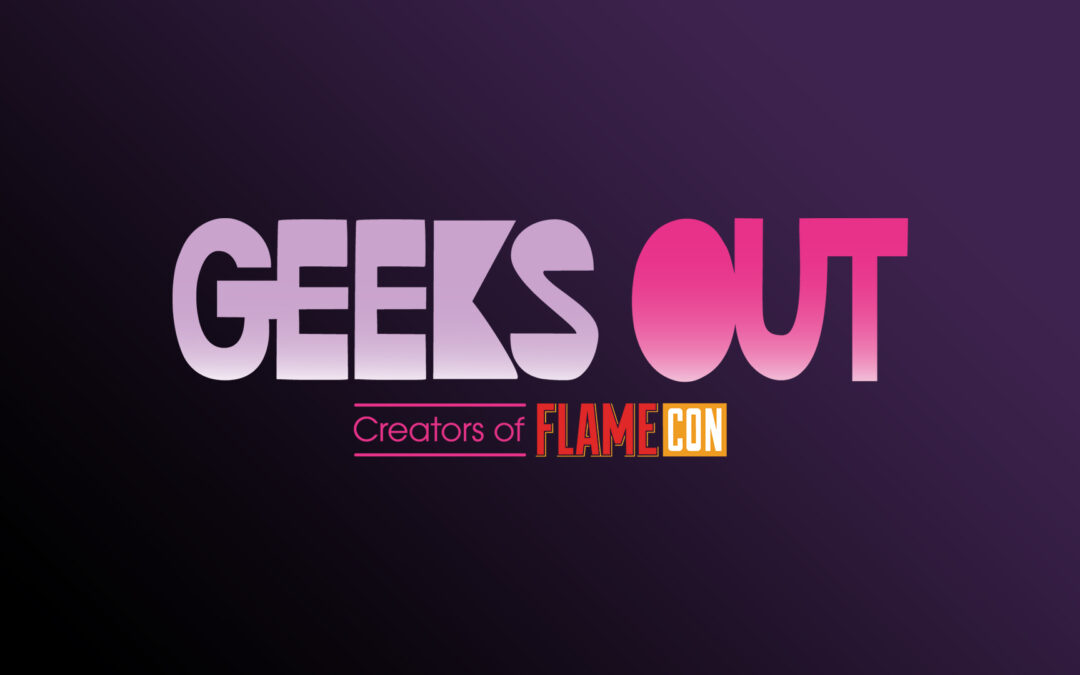
0 Comments